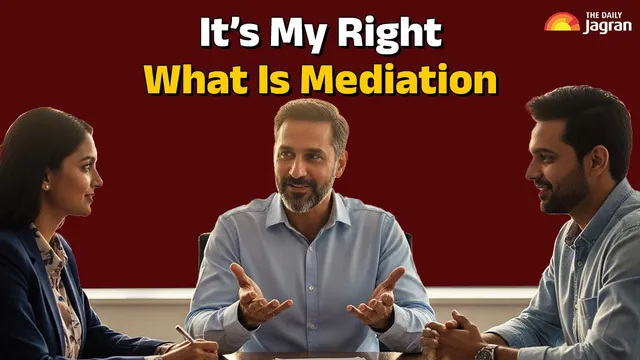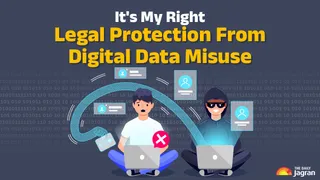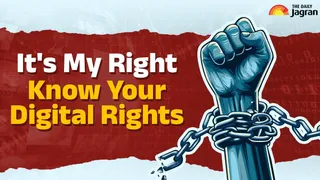- By Nidhi Giri
- Wed, 17 Sep 2025 12:45 PM (IST)
- Source:JND
It’s My Right: Courts have long served as primary means to resolving legal disputes with billions in India turning to the judiciary for legal remedies. As legal systems become increasingly congested, costly and complex, many people are left without meaningful access to justice. Here, mediation offers alternative dispute resolution (ADR) and presents a flexible, less adversarial, and more cost-effective path to justice.
What Is Mediation?
Mediation is a voluntary process where a neutral third party, called a mediator, helps disputing parties communicate and reach a mutually acceptable resolution. Unlike judges or arbitrators, mediators do not impose decisions. Instead, they facilitate dialogue and help parties find a common ground.
The Daily Jagran spoke to Sangeeta Mehrotra, Founder, ‘SANKALP - aao, baat kare’ to help understand the basics of Mediation. She is an accredited, certified mediator empanelled with the Supreme Court of India and Delhi High Court.
ALSO READ: It's My Right: Everyday Laws That You Should Know
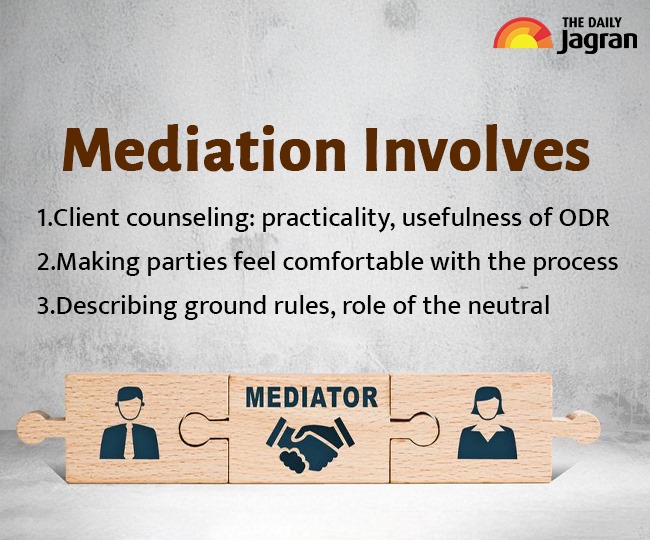
How Does The Mediation Process Begin?
-The first step in mediation is client counseling, where the disputing parties are made aware of what mediation is. They are apprised of the practicality and usefulness of ODR (Online Dispute Resolution).
-The mediator’s aim is to make the parties feel comfortable with the process while describing the ground rules, and the role of the neutral (mediator). "Knowing the process gives them confidence to be a part of it," says advocate Mehrotra.
Recommended For You
Shedding light on her methods, she says, "I maintain neutrality through my overall demeanour, my verbal/non-verbal communications with parties, the time and attention given to parties individually during joint sessions as well as caucuses. I build rapport with the parties first and then trust follows automatically."
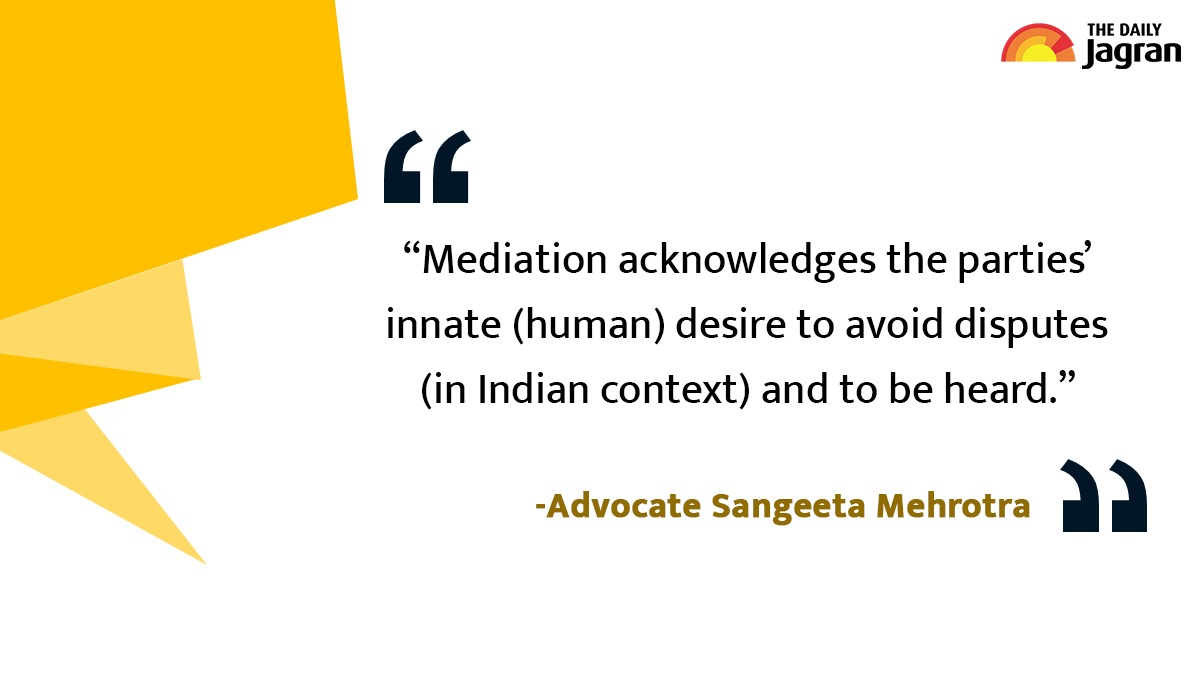
How Mediation Is Different From Court Proceedings?
- Mediation proceedings are strictly private and confidential.
- In a private commercial mediation, parties to the dispute and the mediator sign a confidentiality agreement prior to the commencement of mediation proceedings.
- Mediators do their best to keep things confidential. But a party can record if they want.
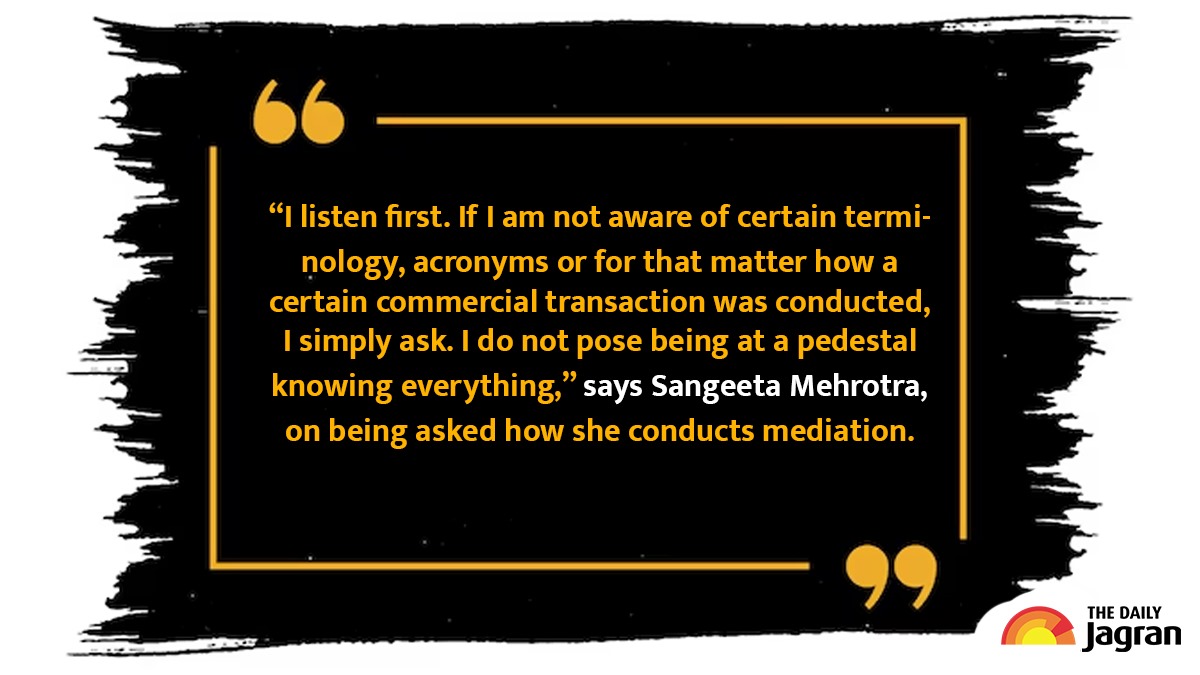
Is Mediation Legally Binding?
- In India (and many countries), if the mediation is court-annexed, the settlement is recorded and treated as a court decree, fully enforceable in law.
- In private mediation, the signed settlement has the force of a contract and can be enforced in court if needed.
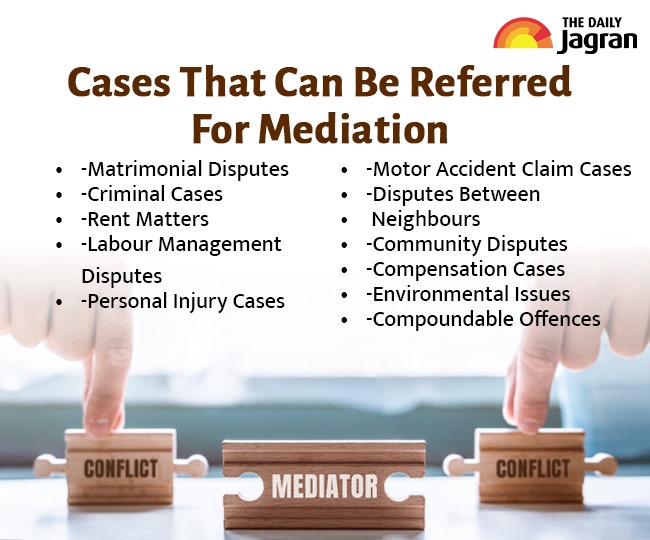
ALSO READ: It’s My Right: Legal Protections Every Woman Should Know During Arrest And Detention
What If Mediation Doesn’t Work?
If mediation doesn’t result in settlement, parties don’t lose their right to go to court or seek arbitration. But parties cannot use whatever happened during the process of mediation in any court of law or in arbitration.
(Disclaimer: This article is part of the series 'It's My Right'. The views expressed in the article are for informational purposes only and do not constitute legal advice. To read more articles in the series, click here)

